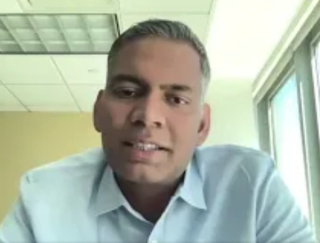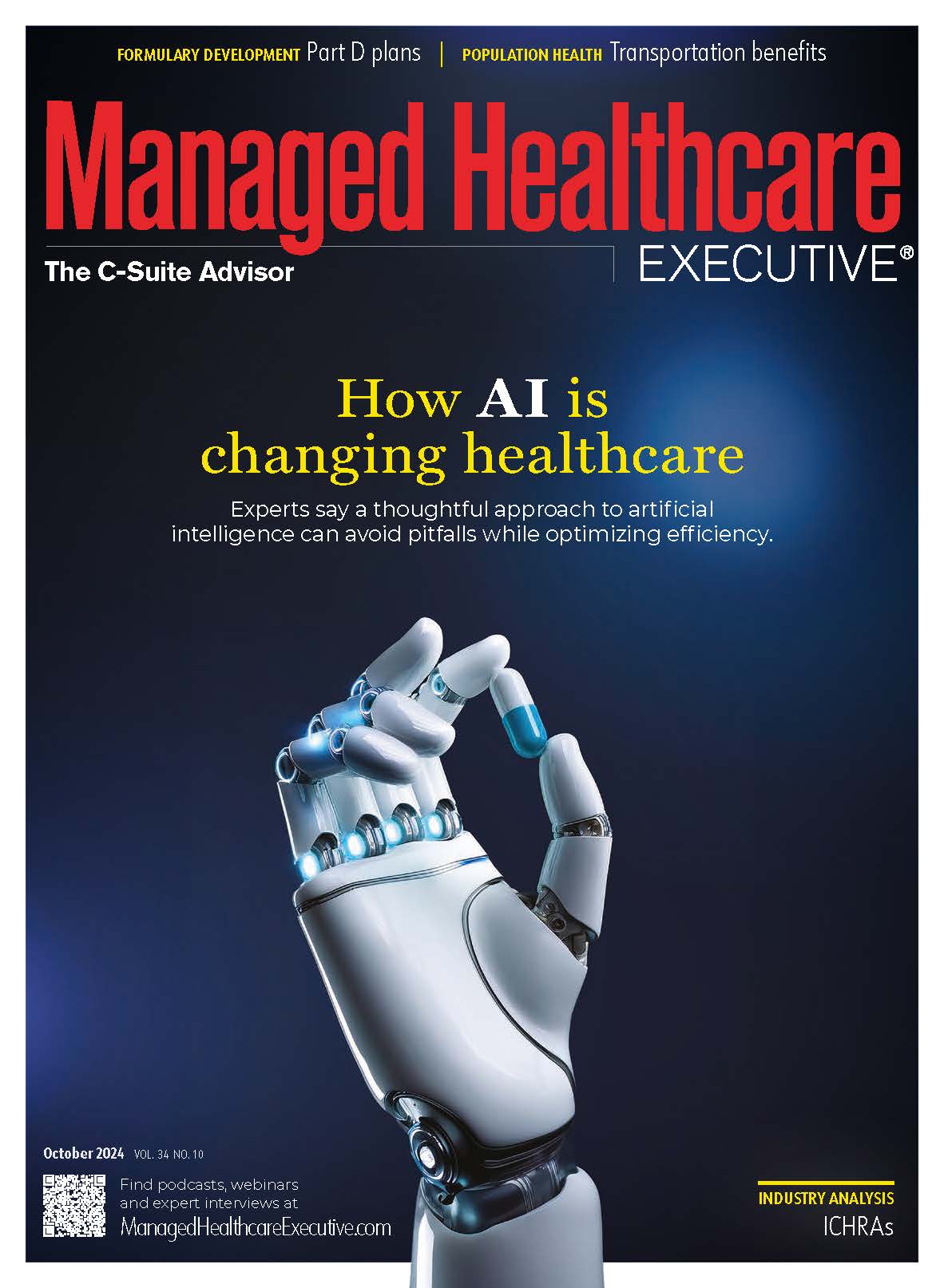
Technology
Latest News
Latest Videos

Podcasts
CME Content
More News

Artificial intelligence gains foothold in the emergency room as a note-taking aid.

Experts on AI spoke about strategies and tactics for implementing artificial intelligence that would assuage worries and build trust during a keynote session at AHIP annual meeting.


The imperative to upgrade healthcare technology infrastructure is clear, but the returns from such investment are anything but.

The latest data showed a 3.9% decrease in national use, dropping from 5.1% of medical claim lines in November to 4.9% in December.

Cyberattacks disproportionately affect healthcare organizations. In 2023, the average data breach cost to a healthcare company was $10.93 million, an 8% increase from the previous year.

Hospitals and healthcare software developers are adjusting to a world in which blocking healthcare data will come with potentially stiff penalties under rules proposed by the Office of the National Coordinator for Health Information Technology (ONC).

Majority of leaders think AI will help them expand the capabilities of healthcare.


Adopting evolving computer system tools like artificial intelligence and machine learning in managed care pharmacies have resulted in efficiency when addressing the challenges they are faced with, according to Jessica Hatton, PharmD, BCACP, associate vice president of Pharmacy at CareSource and Nick Trego, PharmD, senior vice president of Clinical Analytics and Client Services at HealthPlan Data Solutions, Inc.

Training an AI model to identify LVSD from single-lead ECG data would allow more reliable, earlier diagnosis.

Cindy Gaines, MSN, RN, chief clinical transformation officer at Lumeon, addresses the current status of electronic health records in the healthcare industry and how automation is filling in its gaps through technology.

Interoperability has been an aspiration in the healthcare IT world for many years. The finalization of new rules means they finally have a chance to prove its merits.

Many companies are pursuing interchangeable status.

Because personal information can be discovered rather easily through ‘reidentification,’ additional steps are needed to protect the privacy of people’s healthcare data.

The World Health Organization shared its enthusiasm for the “appropriate” use of these technologies. However, they are calling for caution to be exercised to protect and promote human well-being, safety, and autonomy and preserve public health.

At the start of the pandemic, the government eased rules around prescribing drugs via the internet. Now it is deciding what the permanent rules should be.

Pandemic-triggered changes in the healthcare industry have required hospitals, clinics, and other healthcare facilities to scale up their technology operations, resulting in high demand for tech experts.

Technology is often focused on administrative tasks. Some healthcare leaders say it also can help fix the sector’s labor shortage by diving into patient care.

Deploying automation and other technology tools can ease the burden on overworked clinical staff and patient support worker.

The Drug Enforcement Administration (DEA) announced proposed permanent rules for the prescribing of controlled medications through telemedicine with new appropriate safeguards.

Several firms are trying to bring the clinical laboratory to patients’ doorsteps, but the task comes with plenty of challenges.

COVID-19 sped up healthcare’s digital transformation. The 20-minute telehealth visit can mean less unpaid time off from work and the difference between seeking care and putting food on the table. Care-at-home programs can reduce the risks associated with hospitalization, such as hospital-acquired infections.

Certain biomarkers identified by these devices can be used to identify survivors of trauma who need further evaluation.

It's been reported more often now that funding for telehealth has decreased and it will only continue to do so into the year. Funding has likely decreased because the video/virtual care medium has become a commodity, according to Summus CEO and Founder, Julian Flannery.



































